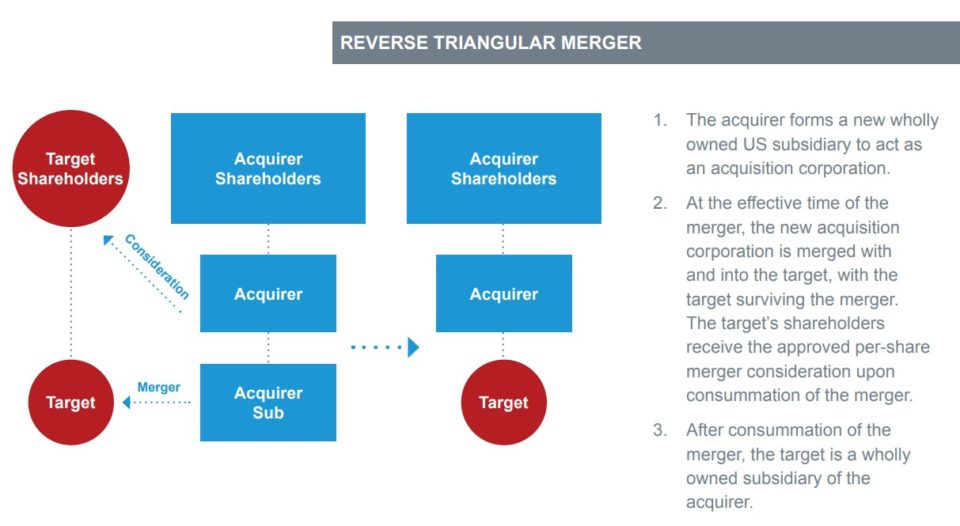


The challenges that companies are faced with in a period after technology acquisitions are explained and possible ways to overcome those challenges are indicated as well. In that sense, various possibilities of improving companies' innovative potential after the implementation of technology acquisitions are analyzed in the paper. This research study is aimed at showing how technology acquisitions can help companies be more successful in making an innovation a reality. In line with the open innovation paradigm, technology acquisitions which seek to gain access to new technologies and knowledge are becoming an important strategic tool for enhancing the innovative potential of companies. Thus, this research offers a unique understanding in the transitional economy context of Serbia. In particular, no research into the speed of post-acquisition changes as a mediator variable between behaviour factors and acquisition performance has previously been conducted, to the best of the authors' knowledge. This research contributes to a better understanding of the relationships between behaviour factors and acquisition performance.

The results may be significant for managers involved in the processes of acquisitions, in terms of helping them to make appropriate decisions in different phases of an acquisition process, so as to obtain sufficient levels of employee commitment and trust to improve acquisition performance. Mediator analysis shows that corporate cultural differences and transformational leadership have direct and indirect impacts on acquisition performance. Statistical significance of indirect or mediated effect was calculated with Statistical Product and Service Solutions (SPSS) macro provided by Preacher and Hayes (2004). To test the mediator hypothesis, Baron and Kenny's (1986) procedure was used. Linear regression analysis was used to test the research hypotheses. In total, 208 valid questionnaires were collected from 10 acquired companies. The purpose of this paper is to increase understanding of the influence of behaviour factors (corporate cultural differences and transformational leadership) on acquisition performance, through the mediating role of speed of post-acquisition change (as a process factor), in the specific context of a transitional economy.Ī model was tested on a sample of acquisitions in Serbia carried out by domestic and European companies.


 0 kommentar(er)
0 kommentar(er)
